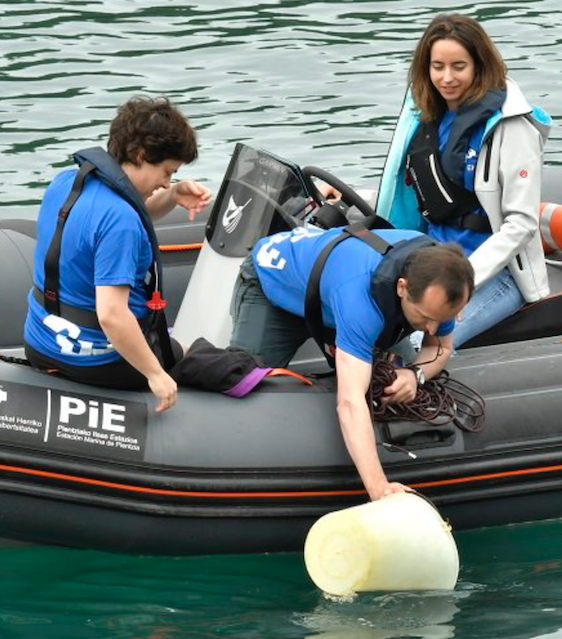
 Genomic techniques have allowed us to characterise whole organisms and ecosystems, as well as focusing on single genes and their function. These data provide an insight to how organisms, their environments, and interactions influence the functioning ecosystems and more specifically, marine ecosystems. The ability to link organisms to their habitats enables us to gain a better and deeper understanding of how ecosystems work along with making us rethink how we access and explore the genetic potential of marine organisms.
Genomic techniques have allowed us to characterise whole organisms and ecosystems, as well as focusing on single genes and their function. These data provide an insight to how organisms, their environments, and interactions influence the functioning ecosystems and more specifically, marine ecosystems. The ability to link organisms to their habitats enables us to gain a better and deeper understanding of how ecosystems work along with making us rethink how we access and explore the genetic potential of marine organisms.
Setting a framework for partnerships on the basis of genomic research in the marine field, the pan European research infrastructure EMBRC-ERIC (European Marine Biological Resource Centre) is working to deploy a network of Genomic Observatories across its sites. Already, EMBRC is developing a shared methodology through the projects, and is testing it through the global Ocean Sampling Day, which it coordinates through the ASSEMBLE Plus project. Every year on June 21st, across the globe, scientists collect seawater samples along with environmental parameter and location. In 2019, over 100 sites participated, sending their samples to the coordinating site, EMBRC-GR (HCMR) in Heraklion, Crete for MetaGenomic analysis. The cumulative samples, related in time, space and environmental parameters, will provide insights into fundamental rules describing microbial diversity and function and contribute to our understanding of the role of microorganisms in the ocean system.